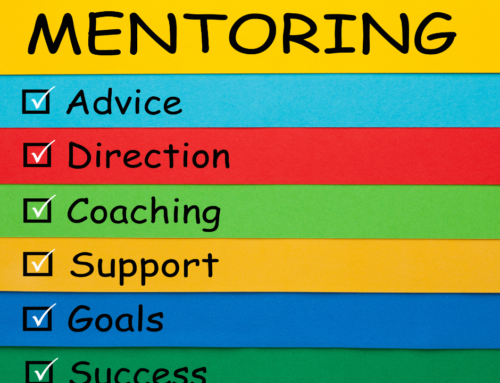Rude Supervisors Can Cost Your Team More than Money
You may, like many, wonder how a supervisor, whose behavior is so disrespectful or rude, ever got the job they have. Rude supervisors seem to abound.
I remember a past manager of mine saying to me: “We’ll try to get you on that Supervisor’s course, Phil, but it may take some time. I never had a supervisor’s course and look at me!”
The problem is, we are looking at them, and feel dumbfounded! “Yes, look at you,” we mutter silently.
Supervisors Need Training on How to Help Others
Supervisors often end up in a supervisory position without ever receiving the right training. In which case, they are qualified to fail at effective leadership.
Unfortunately, some organizations still place focus on the technical skill set of candidates, rather than their soft skills.
Issues can also arise from the motives of the supervisor candidate. Why did they take this job? Was it to increase their paycheck only, or more for the human development component of themselves and others? Extrinsic benefits verses intrinsic benefits. Without the human component, they can appear to be the rude supervisor.
Well, let’s assume for a moment that the organization got it right.
Let’s suppose that the candidates for those coveted supervisory positions have been screened, assessed, and selected.
Now what?
Supervisors Need Training for Transition
Those first days in a supervisory role can be some of the most nerve-wracking and most important.
The transition from employee to supervisor is never without issues. Amongst all the excitement and fresh responsibilities lies the opportunity for a few very common slips.
These missteps can hamper a new supervisor’s ability to coach and guide their employees. Unfortunately, this can result in influencing the team’s opportunity for growth and success. They get labeled a rude supervisor. Someone who isn’t effective or doesn’t care.
Supervisors Need Training on Micromanaging
When we ask our leadership workshop participants to describe the behavioral traits and habits of the worst managers that they have experienced, high on the list of behaviors mentioned is ‘micromanagement.’
It’s very simple to say, “don’t micromanage,” but much more difficult to achieve.
First-time supervisors are especially susceptible to this. Despite delegating assignments to their employees, they still check in on every little task. This can be misconstrued as not trusting and even get them labeled, even unfairly, as a rude supervisor.
Is this due to a lack of trust?
Or, could it be because that supervisor has the same strategies from being an employee a week prior?
The Goal of the First Week on the Job – Don’t Micromanage
I’m sure you’ve had a supervisor who looked over your shoulder. I’m also certain that behavior sapped your enthusiasm and you began believing that you weren’t valuable enough to be left alone to do your job.
If this type of micromanagement doesn’t change, organizations can experience disengagement from employees. It might even lead to retention issues. Supervisors are considered rude supervisors and even arrogant.
Can all this be blamed on micromanagement?
No, but it is a contributing cause.
What to do Instead of Micromanaging?
Supervisors are responsible for getting work accomplished, but they should do that by setting concrete employee goals and checking in at scheduled times.
A good supervisor is there to offer support and encourage self-directed, long-term progress. They aren’t there to try and affect every element of the employee’s day. That might not be what their intent is (I can almost guarantee it isn’t), but it’s what the impact will be.
Supervisors Need Training on Giving Direction
In a weird way, another big problem for first-time supervisors is the opposite of micromanagement: too little direction.
In an attempt to avoid micromanaging people, the new supervisor may leave their team members completely alone.
Workplace discontent is often attributed to ambiguous instructions from supervisors and managers.
We don’t need our supervisor standing next to us all day long, but to not hear from them at all (or an insincere, “You doin’ okay?” as they pass by) is not okay either.
How to Avoid the Rude Supervisor Label
So, what is ideal? Here are some comments from random employees we have taught.
A supervisor and manager should prove that they care about me as a person and in the work that I’m doing.
I need a sense of ownership over my work, but I still need my supervisor to tell me how I fit into my organization’s purpose. After all, isn’t ‘making a difference’ why I signed up for in the first place?
When my supervisor supports me with continuous feedback and gentle coaching (without overseeing every aspect of my day-to-day), I remain engaged.
In a nutshell, I need my supervisor to show soft skills.
It’s not only me that thinks that soft skills are important.
In 1918, the Carnegie Foundation found those soft skills to account for as much as 80% of a leader’s career success (the remaining 20% related to their technical skills).
As far as I’m concerned, the most important thing that a new supervisor can show, is that they’re human and care about me as another human being.
I know all of this sounds so much like common sense.
But you know what they say about common sense






